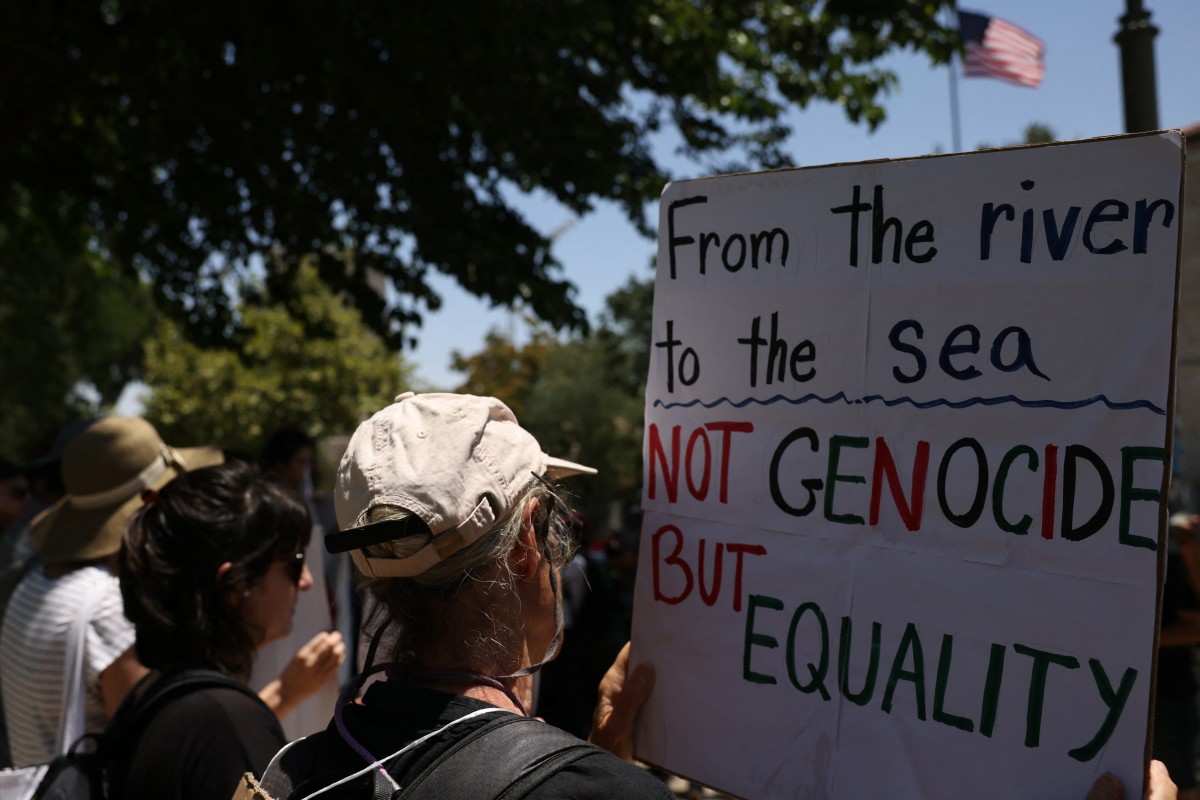Gaza City, Palestinian Territories – Like most women at the Gaza City hospital where she attends her pregnancy check-ups, Fatima Arafa’s face looks fatigued, a sign of the malnutrition affecting her due to wartime shortages.
Medical charity Doctors Without Borders (MSF) said its teams in Gaza were witnessing “a sharp and unprecedented rise in acute malnutrition”.
More than 700 pregnant and breastfeeding women, and nearly 500 children, with severe and moderate malnutrition were enrolled at two of their clinics.
Numbers at the Gaza City clinic almost quadrupled in under two months, from 293 cases in May to 983 cases at the beginning of July, it said in a statement.
“Due to widespread malnutrition among pregnant women and poor water and sanitation levels, many babies are being born prematurely,” said Joanne Perry, an MSF doctor in Gaza.
“Our neonatal intensive care unit is severely overcrowded, with four to five babies sharing a single incubator.”
Fathi al-Dahdouh, an obstetrician at the Al-Helou Hospital where Arafa has her check-ups, told AFP that miscarriages had soared since the start of the war and there were eight to nine per day in Gaza City.
Exhaustion
Dahdouh said the war was particularly hard on pregnant women and new mothers.
The UN Population Fund (UNFPA) warned in May that 17,000 pregnant and breastfeeding women in Gaza would require treatment for acute malnutrition over the next 11 months.
The warning came as Israel enforced an aid blockade of Gaza in the hope of forcing Hamas to surrender, only letting aid back in at a trickle in late May.
“They come here suffering from low blood pressure, weakness, fatigue and exhaustion due to the country’s situation and the lack of nutrition,” Dahdouh told AFP.
For Arafa, just getting to her medical appointments is a challenge.
The area around Al-Helou Hospital is relatively undamaged by the war but fuel shortages mean Arafa must walk to and from her camp in the searing heat.
Once at her shelter — a damaged house with plastic tarpaulins for walls — Fatima, her husband Zahdi and their four children share a meal provided by a charity.
The stew of pasta and lentils — the only foods available to most in Gaza — was cooked on a fire lit on the floor tiles of the home for lack of cooking gas.
UN agencies and aid groups say the volume of aid reaching Gaza is still not nearly enough and health workers are working in dire conditions.
Hamas’s October 2023 attack on Israel that triggered the war led to the deaths of 1,219 people, most of them civilians, according to an AFP tally based on Israeli figures.
At least 57,762 Palestinians, most of them civilians, have been killed since the start of the war, according to the health ministry in Hamas-run Gaza.








